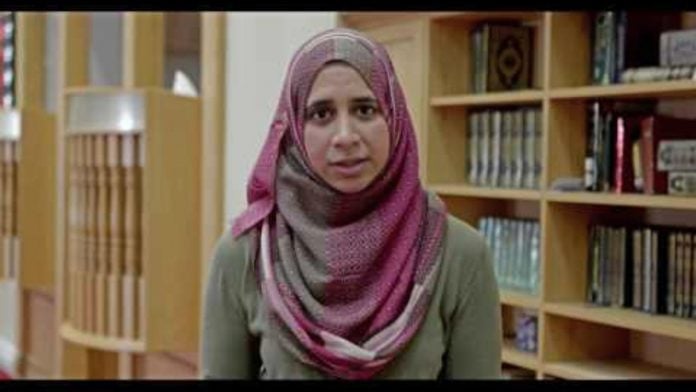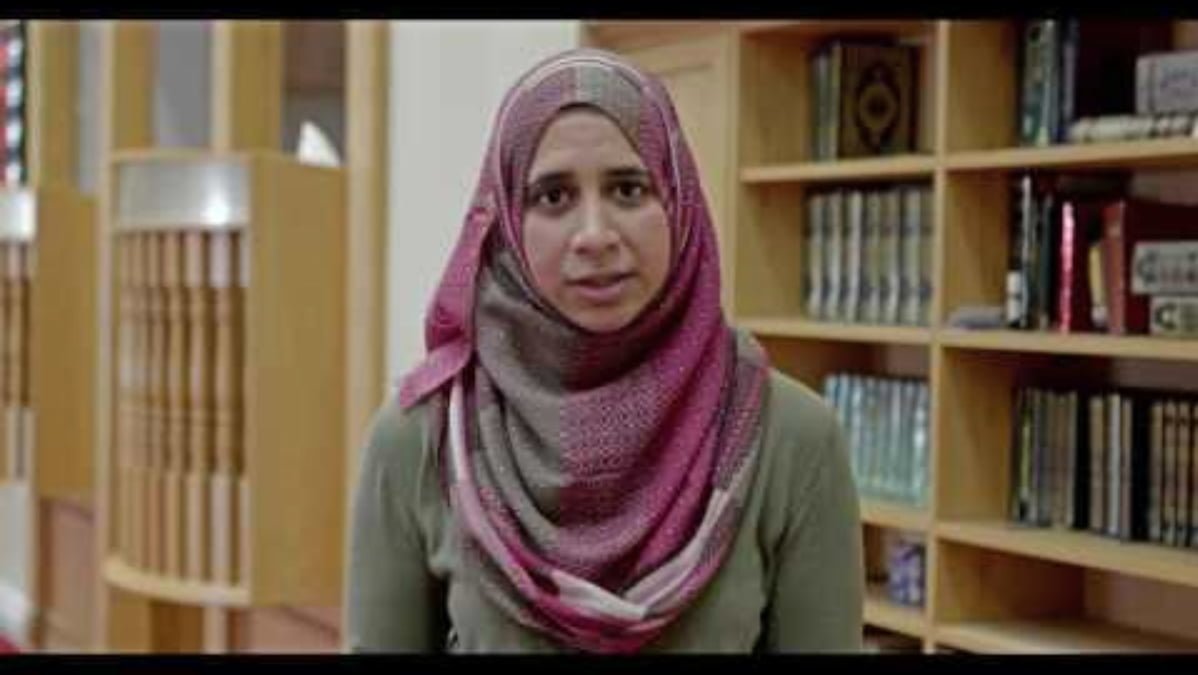[ad_1]

Donald Trump’s presidency has ushered in many things: child separation policies, an end to most DOJ consent decrees with police departments, a ban on millions of Muslims entering the country, cuts to social programs, an increase in hate crimes and more.
But every action has an equal and opposite reaction. There is a renewed sense of intersectionality; the crucial ways in which the identities and challenges of disenfranchised groups converge, or rather, unite within the realm of a common cause. The movement for justice for Stephon Clark is a prime example.
In March, hundreds of mourners gathered at the Bayside of South Sacramento Church for a joint interfaith Muslim/Christian funeral for Clark where civil rights leader Rev. Al Sharpton delivered the eulogy along with speakers such as scholar and activist Imam Omar Suleiman. Clark, an unarmed 22-year-old father of two, was shot and killed by police in his grandmother’s backyard. Officers fired 20 shots at him, and according to an independent autopsy ordered by the family, he was struck eight times – mostly in his back. His tragic death sparked outrage, and a push for immediate reform measures.
READ MORE: OPINION: It’s time for Black women to stop caping a white feminist agenda
Clark, who converted to Islam several years earlier, was killed on March 18th by Sacramento officers who say they were responding to reports of “a man smashing car windows.” His family, loved ones, and several groups ranging from Black Lives Matter to the ACLU demanded accountability. Among those who began mobilizing almost immediately was the Muslim community.
“When we hear about a tragedy, there’s sometimes a disconnect; it’s so far away, it could never happen here,” said Zahra Billoo, the executive director of the San Francisco Bay Area chapter of the Council on American Islamic Relations (CAIR). “There was and still is an element of it couldn’t happen to us, and learning that he was Muslim shook up the community.”
Zahara Billoo, a civil rights attorney who provides direct legal services for victims of law enforcement targeting and Islamophobia, said Black men are not safe on the streets, when they leave their homes, or even if they are in their homes.
“CAIR stepped up to issue a statement of concern as soon as we learned of the death, even before we knew he was Muslim,” said Billoo. “We have an obligation to make communities around us better and safer.”
CAIR-SFBA Joins Families Belong Together Marches Across the Bay Area https://t.co/W4yE5UIvkY #FamiliesBelongTogether #StandWithMuslims #NoMuslimBanEver #AbolishICE pic.twitter.com/QOyNRbjizI
— Zahra Billoo (@ZahraBilloo) June 30, 2018
Following Clark’s death, protests erupted in the Bay area and around the country, including Muslims from as far as Baltimore where hundreds, many of them attendees of the annual Islamic Circle of North America conference, staged their own demonstration. The shooting also compelled organizations like the ACLU to co-sponsor legislation, AB-931, which proposes to limit when police can use deadly force in the state of California. It would change the standard for deadly force from “reasonable” to “necessary.”
California has some of the highest rates of police-involved killings in the country. In 2017 alone, police shot and killed 162 people in the state – half of whom were found to be unarmed, according to the ACLU.
While Billoo and CAIR did not co-sponsor the legislation, they wanted to ensure that the Muslim community was part of advocating for a better solution.
“We included it as a priority bill for Muslim Day at the Capitol, taking over 700 Muslims to Sacramento to lobby for it in person,” she said. “After the event, we followed those efforts with online organizing and in-district meetings with legislators to support the bill.”
Unfortunately, those efforts were met with great resistance and AB-931 was recently tabled by the California Assembly for the remainder of the year. It was a severe blow to Clark’s family, the Black and Muslim communities and those fighting for this change. Its supporters however remain undeterred and vow to push forward.
The challenge remains as victims continue to die at the hands of police, but she is hopeful that AB-931 will be brought back to the table in 2019.
“California has the opportunity to lead the way when it comes to changing the reality on the ground and what it means to interact with police officers on the ground,” said Billoo. “This will be a catalyst for a needed conversation for legislation in other spaces as well.”
At the time of Clark’s death, the White House simply relegated this shooting as “a local matter.” Just this week, Attorney General Jeff Sessions announced his plans to block proposed police reforms (another consent decree) from taking effect in the city of Chicago. It is clear that the current federal government is not and will not be making police reform a priority, and are in fact halting virtually every measure of progress in this direction. Hope falls in the hands of activists like Billoo who work from the grassroots level to ensure that communities are treated fairly by those who vow to protect and serve them.
“The complex tragic death of Stephon created an opening for a conversation in immigrant parts of the Muslim community about the importance of police accountability for all of our safety,” she said. “There is a better understanding that our communities are stronger when we work together.”
Nida Khan is an independent journalist/analyst who covers a range of subjects from politics and international relations to issues impacting the Muslim community, civil rights and more. She is a panelist on the Open Line Online broadcast on 107.5 WBLS NY. You can follow Nida on twitter: @NidaKhanNY.
[ad_2]
Source link

